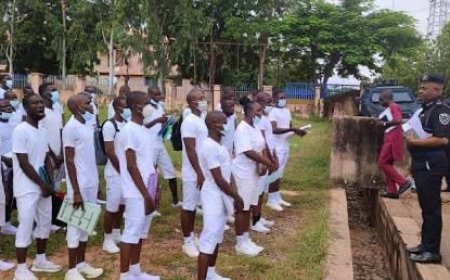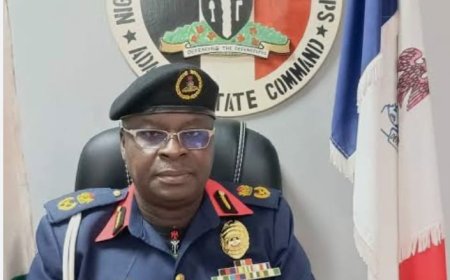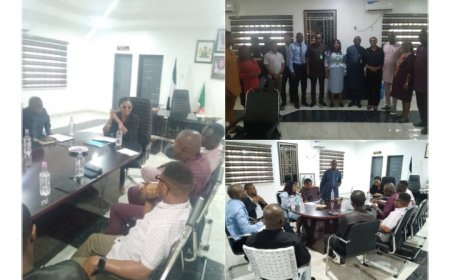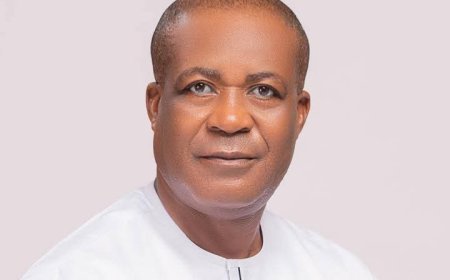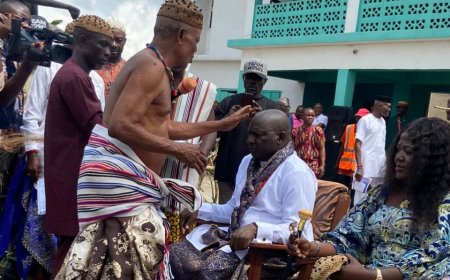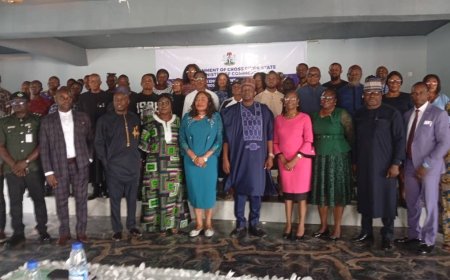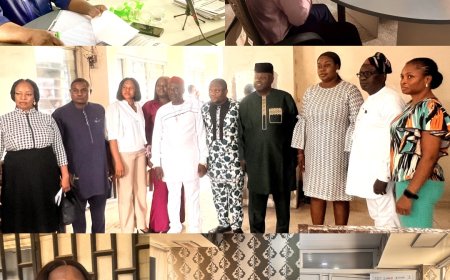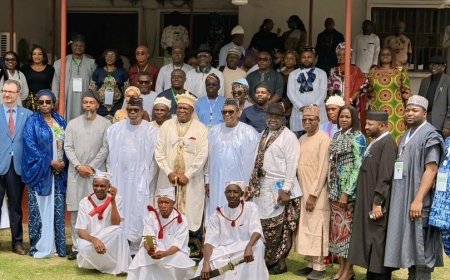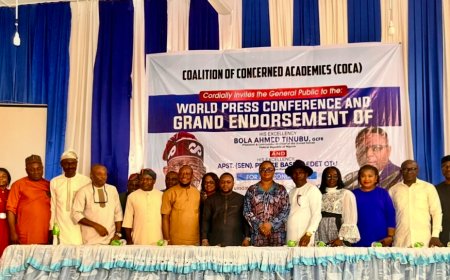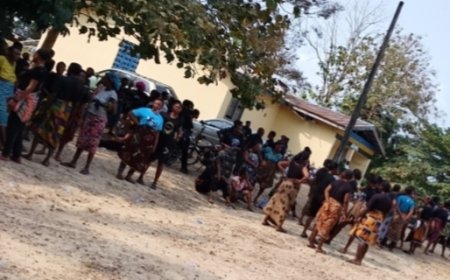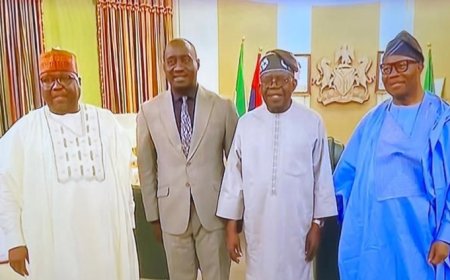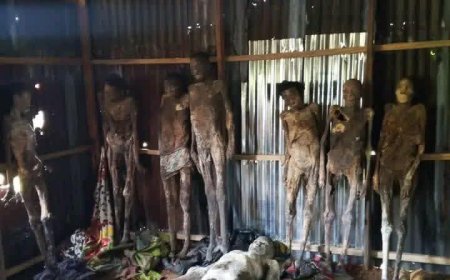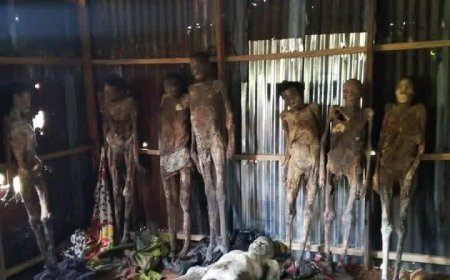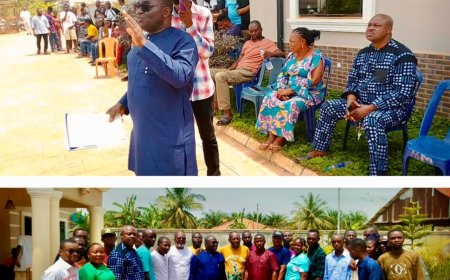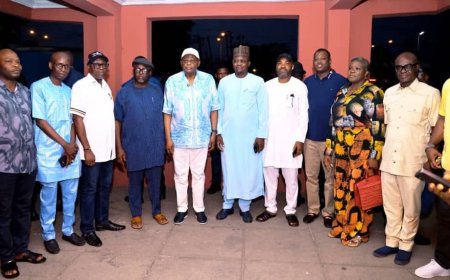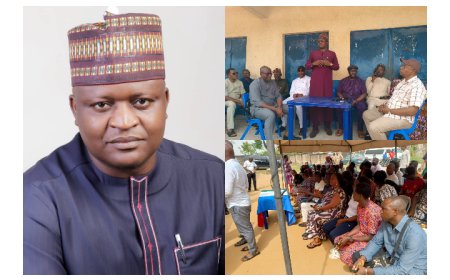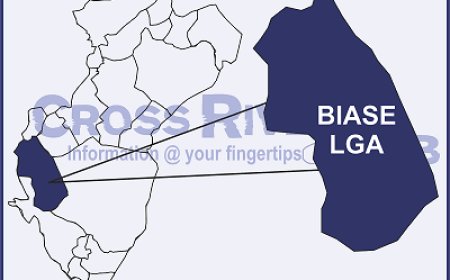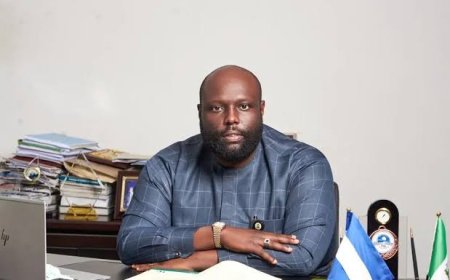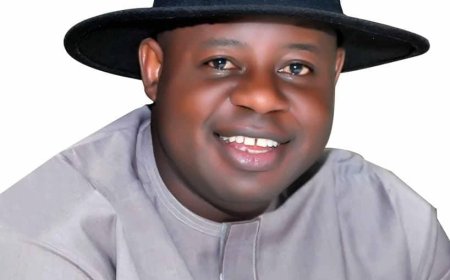COMMENTARY: Redressing Cross River’s Systemic Neglect: A Call for Justice, Unity, and National Renewal

By Isaac AQUA
For far too long, Cross River, one of Nigeria’s most historically significant and strategically positioned states, has endured a sustained pattern of marginalisation in the country’s political, economic, and infrastructural landscape.
Once a proud beacon of diplomacy, sacrifice, and national progress, the state has been steadily relegated to the periphery of national relevance.
This systemic neglect is not only unjust; it is dangerous. It has eroded faith in the federation and deepened the wounds of a people who have given their all to Nigeria and received far too little in return.
A Pattern of Political Exclusion
The most recent manifestation of this troubling pattern emerged at the All Progressives Congress (APC) National Executive Committee (NEC) meeting. Despite restoring the party’s original zoning arrangement, which allocated the National Woman Leader position to Cross River, the role,once held by Dr. Betta Edu, was arbitrarily transferred to Edo, another state in the South South geopolitical region.
Shockingly, Edo now holds two top positions in the APC National Working Committee (NWC), while Cross River and Akwa Ibom have none.
Even more disheartening is the unexplained reallocation of the Director of Organization role, previously reserved for Cross River. This act not only dismisses the state’s political contributions but also exposes a calculated sidelining of the once only APC-controlled state in the South-South. This comes despite Governor Bassey Otu’s unwavering loyalty, competent performance in national assignments, and strategic expansion of the APC’s footprint in the region. Cross River deserves better than silence, snubs, and systematic exclusion.
At the federal level, the story is even more alarming. Cross River remains the only state in the federation without a Managing Director, Director-General, or Executive Secretary in any federal agency. Its two ministerial slots were mishandled, one suspended without resolution long past the expiration of investigative deadlines, and the other downgraded to Minister of State despite a stellar performance record. In other regions, such lapses are swiftly corrected. Why not Cross River?
Infrastructural Abandonment and Economic Sabotage
The economic consequences of this neglect are staggering. The Calabar Port, once a vital economic gateway for the South-South and South-East ,has been rendered semi-dormant due to the federal government’s refusal to dredge the Calabar River or implement a national cargo redistribution framework. This failure has stunted regional trade, denied thousands of jobs, and crippled Cross River’s commercial potential, all while Lagos ports groan under excess demand.
Similarly, federal roads in the state are among the worst in the country. The Calabar-Itu-Ikot Ekpene Road and the Calabar-Akamkpa-Biase stretch of the Ikom-Ogoja Highway have become death traps, strangling movement, commerce, and daily life. These roads are not just physical routes, they are economic lifelines, and their decay is symbolic of the federal government’s dereliction of duty.
A Legacy of Sacrifice, Met with Betrayal
Cross River has long been a state of selfless national service. From serving as Nigeria’s first capital, to its strategic role during the civil war, to the ceding of the Bakassi Peninsula without legislative ratification or referendum, the state has consistently placed Nigeria above self. Yet, no adequate compensation followed these monumental sacrifices. Instead, 76 oil wells were stripped and transferred to a neighboring state, further deepening economic injustice.
Despite its loyalty, contributions of manpower, intellect, and cultural capital, Cross River has continued to receive betrayal in return. This injustice cannot be allowed to stand.
The Growing Danger of Disunity
Yet, while external neglect has festered, internal division has weakened the state’s ability to respond effectively. Eminent Cross Riverians across political lines must now rise above personal ambition and narrow interests to pursue a collective agenda of justice and restoration. The persistent infighting only empowers fifth columnists who exploit the state’s disunity to deny it its rightful place.
The prevailing climate of discord tragically affirms the timeless words of Professor Emmanuel Ayandele, the pioneer Vice Chancellor of the University of Calabar, who once described Cross River as “an atomistic society, perpetually at war with itself.” This sobering reality must be urgently confronted and corrected.
Now, more than ever, unity is not a luxury, it is a necessity. A united Cross River can no longer afford to be passive in the face of systemic injustice. The people must speak with one voice, stand shoulder to shoulder, and demand what is justly theirs.
The Path Forward: Inclusion, Equity, and Urgent Redress
This is not a plea for sympathy. It is a principled call for justice, inclusion, and a national conscience. Cross Riverians are not second-class citizens in their own country. Their patience should not be mistaken for powerlessness, nor their silence for acquiescence.
We therefore call on President Bola Ahmed Tinubu and the APC leadership to act decisively. Restore Cross River’s rightful place in the party structure. Appoint competent Cross Riverians to head federal agencies. Fast-track the rehabilitation of federal roads and dredge the Calabar Port. Implement a fair, decentralized port policy to balance national development.
The agitation for the creation of Ogoja State in the underserved northern zone is not a parochial pursuit but a legitimate cry for decentralization, fair representation, and infrastructural inclusion. Ignoring these voices only deepens dissatisfaction and fractures the fragile federation.
To build a stronger Nigeria, every region must be made to feel like a stakeholder. The time for excuses is over. The time to act is now.
Cross River will not beg to belong. It will demand its rightful place, calmly, firmly, and united.

